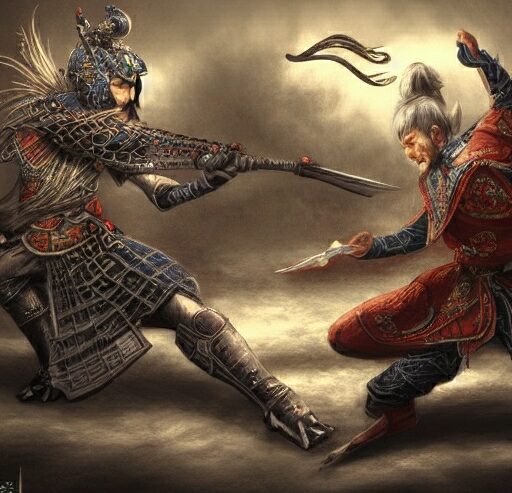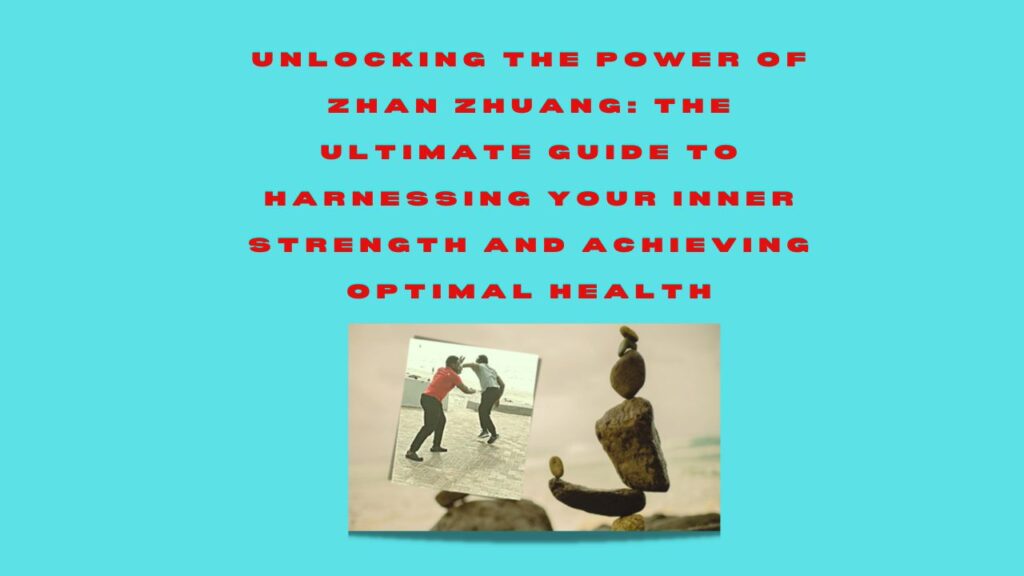The Combat Concept of Tai Chi Chuan: Explained
Tai Chi Chuan is a Chinese martial art with a long history that dates back to ancient China, with some attributing its origin to Zhang Sanfeng, while others credit Chen Wangting. Despite being perceived by many in modern times as merely a health exercise, Tai Chi Chuan’s health benefits can only be fully realized by those who practice it properly in the context of combat. This is because Tai Chi Chuan’s “softness” requires rigorous drilling for flexible sinews, tendons, and ligaments, which can cause some discomfort, like other forms of exercise.
THE STORY OF THE HARMONIOUS FIST
One of the hallmarks of Tai Chi Chuan is its emphasis on moving at a slow and constant pace, which is crucial for developing the quality of “ting jin.” Ting jin can be misunderstood by some martial artists as being unsuitable for combat, but other Tai Chi Chuan styles may be more martial in nature. The slow pace facilitates the understanding of Tai Chi Chuan’s principles, including the need for a rounded shape created by loosening and softening the joints to promote flow. Tight joints lead to tight muscles and blood flow restriction, which can negatively impact combat performance. Maintaining a rounded structure, including the tucked-in pelvis, requires the practitioner to move slowly.
Tai Chi Chuan’s slow practice helps develop the quality of ting jin, which enables practitioners to detect an opponent’s intent by adhering to fundamental principles, as summarized in Yang Cheng Fu’s 10 essences. Ting jin does not come from conscious thought, but rather a state of calm that allows for a heightened sense of awareness. This ability to remain calm and manage the flight or fight response under stress is where Tai Chi Chuan’s health benefits come in, integrating the physical and mental aspects of traditional Chinese martial arts.
In conclusion, Tai Chi Chuan is a martial art with deep roots in ancient China that has evolved over time to encompass both physical and mental health benefits. Its softness and slow pace may be misunderstood by some as unsuitable for combat, but in reality, they are crucial for developing the quality of ting jin, which enables practitioners to detect an opponent’s intent and remain calm under stress. By incorporating Tai Chi Chuan into their daily routine, individuals can improve their physical and mental well-being and cultivate a sense of peace and balance in their lives.
Moreover, research shows that Tai Chi Chuan can improve balance, flexibility, and overall physical fitness while reducing stress, anxiety, and depression. These benefits extend beyond combat and can improve daily life for practitioners of all ages and abilities.




Comments
Leave a Comment